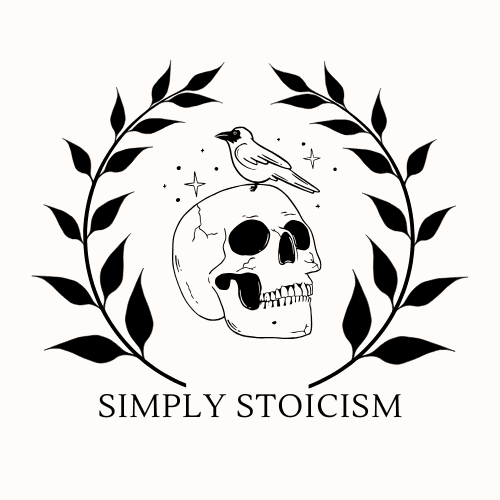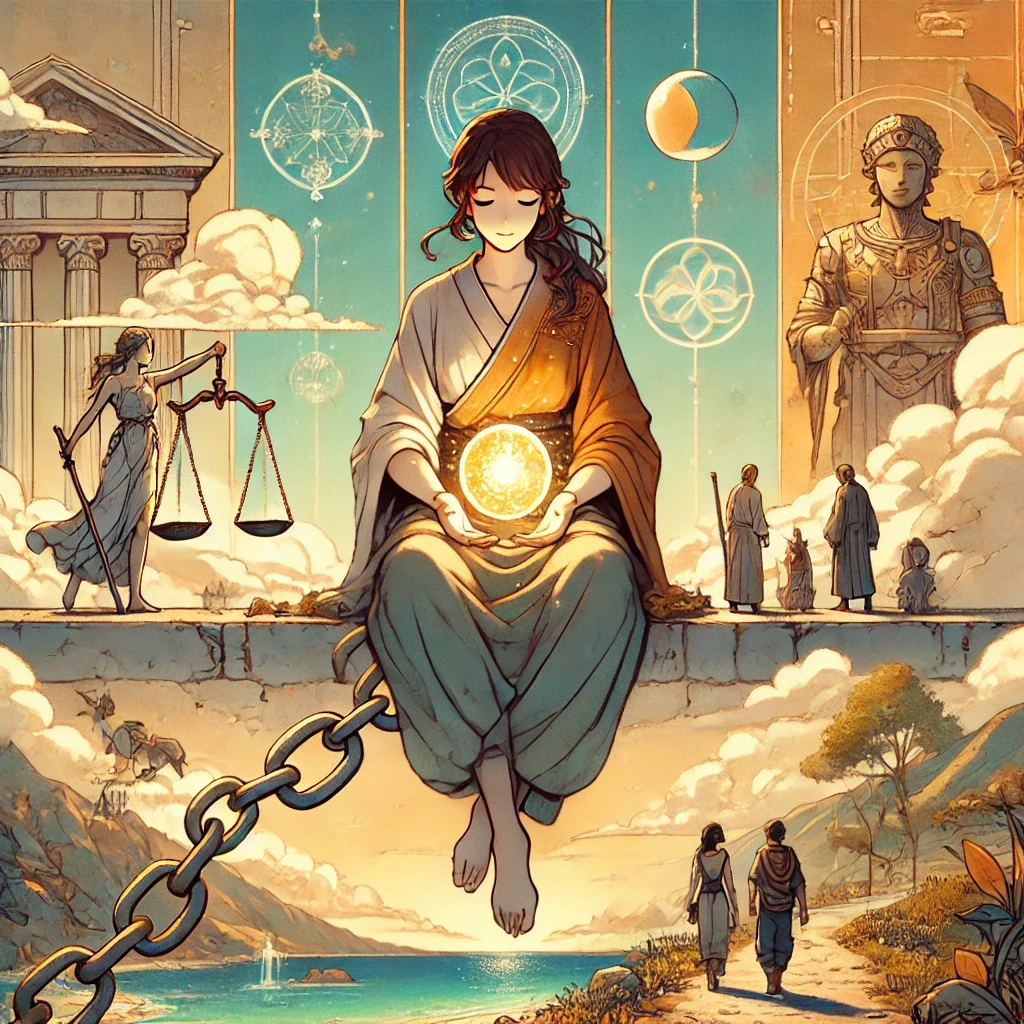Your Problems Aren't Special
Ancient wisdom meets modern challenges: Learn how Marcus Aurelius and other Stoic philosophers tackled anxiety, information overload, and career stress with practical solutions that are even more relevant in today's always-on world.

Jon High
·
Nov 25, 2024
Ancient Problems, Modern Anxiety: Why Your Crisis Isn't New (And Why That's Good News)
When I first read Marcus Aurelius' Meditations, something stopped me cold. Here was a Roman Emperor from nearly 2,000 years ago, writing in his private journal about:
Feeling overwhelmed by responsibilities
Struggling to focus amid constant distractions
Battling anxiety about the future
Dealing with difficult people
Fighting his own procrastination
Sound familiar?
The Trap of "Modern" Problems
We tend to think our problems are uniquely modern. After all, Marcus Aurelius never had to deal with:
Endless Slack notifications
LinkedIn anxiety
The constant pressure to build a "personal brand"
AI potentially disrupting entire industries
The dopamine hit of social media likes
But here's what I've discovered through studying ancient philosophy: while the packaging changes, the core human struggles remain remarkably consistent. And this is actually fantastic news - because it means others have already found solutions that work.
Let's examine three supposedly "modern" problems that the ancients not only faced but solved with remarkable wisdom.
Problem #1: Information Overload & Digital Distraction
You think your Twitter feed is overwhelming? Here's what Seneca wrote about the "information overload" of his time:
"What is the point of having countless books and libraries whose titles the owner could scarcely read through in his whole lifetime? The collection of books burdens and does not instruct the learner."
Replace "books" with "browser tabs" or "newsletters" and it could have been written yesterday.
The Ancient Solution
Marcus Aurelius offers us this simple but profound approach: "If you seek tranquility, do less." Not fewer things done poorly, but fewer unnecessary things. In today's terms, we might call this "digital minimalism" - though his version dealt with scrolls rather than screens.
How to Apply This Today
Choose 2-3 primary information sources and ruthlessly eliminate the rest
Set specific times for consuming information rather than constant checking
Before consuming any content, ask: "Will this make me wiser or just more informed?"
Problem #2: Status Anxiety & Career Fear
"But my industry is changing faster than ever!" you might say. "No one has ever faced this level of uncertainty!"
Yet here's Seneca, writing to a friend worried about their career:
"You are not the only one this has happened to, and you won't be the last. Every age has seen this sort of upheaval."
The Ancient Solution
The Stoics emphasized focusing ruthlessly on what's within our control. As Marcus wrote in his journal: "The best revenge is to be unlike him who performed the injury." In other words, excel by your own standards rather than competing with others.
How to Apply This Today
Define success by internal metrics (skill development, integrity) not external ones (titles, followers)
Build transferable skills that transcend industry changes
Focus on providing value rather than gaining recognition
Problem #3: The Search for Inner Peace
Perhaps most surprisingly, the ancients were intimately familiar with what we now call anxiety and depression. Here's Marcus Aurelius being strikingly honest about his mental state:
"When you wake up in the morning, tell yourself: The people I deal with today will be meddling, ungrateful, arrogant, dishonest, jealous, and surly."
The Ancient Solution
The Stoics developed a practical toolkit for mental resilience:
Morning meditation and intention setting
Evening review of the day's events
Negative visualization to build gratitude
Focusing exclusively on what you can control
How to Apply This Today
Start each day by writing down what truly matters
End each day by reviewing what went well and what you could improve
Practice gratitude by imagining losing what you value
When anxious, draw a circle of control and focus only on what's inside it
Why This Matters Now
What makes these ancient solutions so powerful isn't their age - it's their proven track record across centuries of human experience. While technology changes rapidly, human nature remains remarkably consistent.
The next time you're feeling overwhelmed by supposedly "modern" problems, remember: countless others have walked this path before you. Their solutions, tested by time and refined through generations, might offer exactly the wisdom we need today.
As Marcus Aurelius reminds us: "Very little is needed to make a happy life; it is all within yourself, in your way of thinking."
Taking Action Today
Here's a simple way to start: Choose one "modern" problem you're facing. Then ask yourself:
How might Marcus Aurelius have handled this?
What part of this is actually within my control?
What would "doing less" look like in this situation?
Remember: your challenges aren't unique - and that's actually good news. It means solutions exist, tested by time and proven by generations of human experience. The wisdom of the past isn't obsolete; it's often exactly what we need to navigate the present.
What ancient wisdom will you apply to your modern challenges today?



